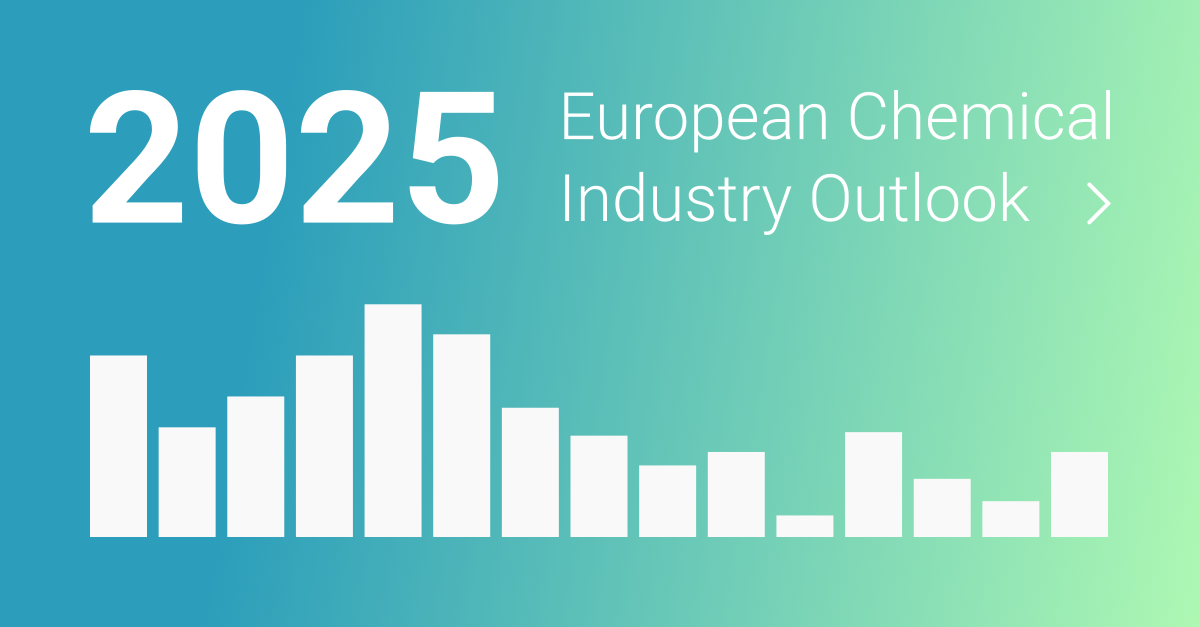
- Sandoz is investing at least $400 million in a new biologics plant in Lendava, Slovenia.
- Construction begins this year, with full operations planned for late 2026.
- Sandoz recently invested an additional EUR 50 million in its European antibiotics production network.
- Sandoz's biosimilars and antibiotics are key segments in its off-patent medicines market.
Investment and Construction
Sandoz has signed a Memorandum of Understanding to build a new biologics production plant in Lendava, Slovenia. The investment is expected to be at least USD 400 million, marking one of the largest international private-sector investments in Slovenia. Construction is set to begin this year, with full operations planned for late 2026.
Strategic Importance
This new plant will support Sandoz's ambition to drive the future growth of its global biosimilars portfolio. The location in Slovenia offers political stability, proximity to existing European operations, and competitive costs. The investment underscores Sandoz's commitment to being a sustainable global leader in biosimilars, a segment projected to grow double-digit annually over the next decade.
Additional Investments
Sandoz has also announced an additional EUR 50 million investment to expand its European-based antibiotics production network. This brings the total new investment commitment to the network in the past few years to EUR 250 million. Anti-infectives, primarily antibiotics, represent the second largest Sandoz business after Biopharmaceuticals.
Production Standards
Sandoz is a pioneer in biosimilars and a leading global producer of generic antibiotics. The company manufactures biopharmaceuticals according to standards that demand exceptional purity. The DS Bioproduction unit at the Novartis Mengeš site in Slovenia is noted for its modern recombinant technology and has received the Finance Sustainable Factory of the Year Award.
